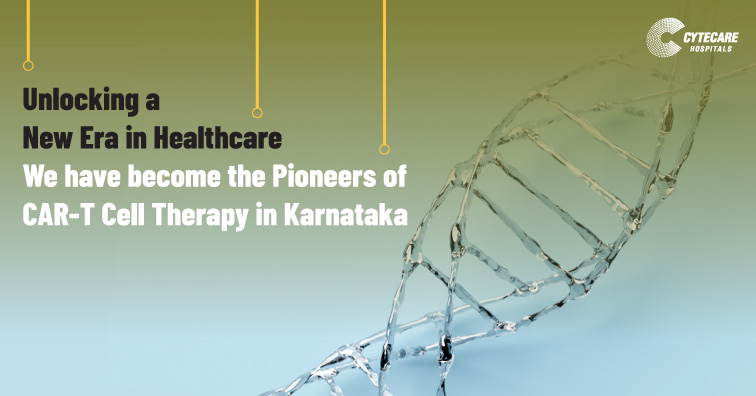Gynaecological Cancers and Fertility Preservation Treatment
Cancer or its treatment can have a significant impact on the fertility of both a man and a woman. Especially gynaecological cancers or its treatment can often lead to infertility in women and a significant number of gynaecological cancers occur in young women desirous to retain the unaffected uterus and ovary. To prevent this, fertility preservation treatment is done which, as the name suggests, safeguards the ability to reproduce from cancer or its treatment.
Effect of cancer treatment on fertility:
Cancer treatments can cause temporary or permanent infertility. Cancer or cancer treatment may require surgical removal of the uterus and ovary. Besides, it can also affect eggs, hormone levels, and the functioning of ovaries and cause infertility. The effect of cancer and its treatment on fertility depends on several factors like age, type of cancer, stage of cancer, the drug prescribed, the location of the radiation field etc.
Fertility preservation:
A large percentage of women, especially young ones, affected by gynaecological cancers opt for fertility preservation treatment.
Ways of fertility preservation:
- Egg freezing: during this process, the ovaries are stimulated using hormones to produce multiple eggs in one cycle instead of a single egg. The eggs are directly retrieved from the ovaries and are immediately flash-frozen for future use.
- Embryo freezing: this process is also quite similar to egg freezing. Once the eggs are retrieved, they are immediately fertilized with sperm and then are carefully allowed to develop under close observation.
- Gonadal shielding: in this method, carefully placed shields are used to prevent the reproductive organs from ionizing radiations.
- Ovarian transposition: the ovaries are surgically repositioned to prevent them from the planned radiation field. This method is useful only if the patient is undergoing radiation therapy and not chemotherapy. The ovaries can still be affected by scattered radiation in this process. Once radiation therapy is completed, the ovaries might require repositioning.
Fertility preservation in gynaecological cancers:
Women diagnosed with gynaecological cancers can opt for fertility preservation depending on the type and stage of cancer. In germ cell ovarian tumours, borderline, and benign ovarian tumours, fertilization preservation surgery (sparing the uterus and the other ovary) is possible. The germ cell tumours requiring additional chemotherapy may be considered for the ovum/embryo preservation in coordination with the infertility specialist team. In early-stage cervical cancers with small tumour sizes (<2cms), fertility preservation surgery (radical trachelectomy) is a feasible solution. In low-risk endometrial cancers (uterine cancer), the fertility preservation medical (progesterone) treatment is a preferred treatment.
Fertility preservation is a great option for women diagnosed with gynaecological cancers who wish to preserve their fertility. At Cytecare, we totally understand how important fertility preservation is and our highly qualified and experienced team of doctors and specialists are well adept in performing various fertility preservation surgeries. At Cytecare, our aim is to ensure that cancer or its treatment does not leave any impact on your fertility.





